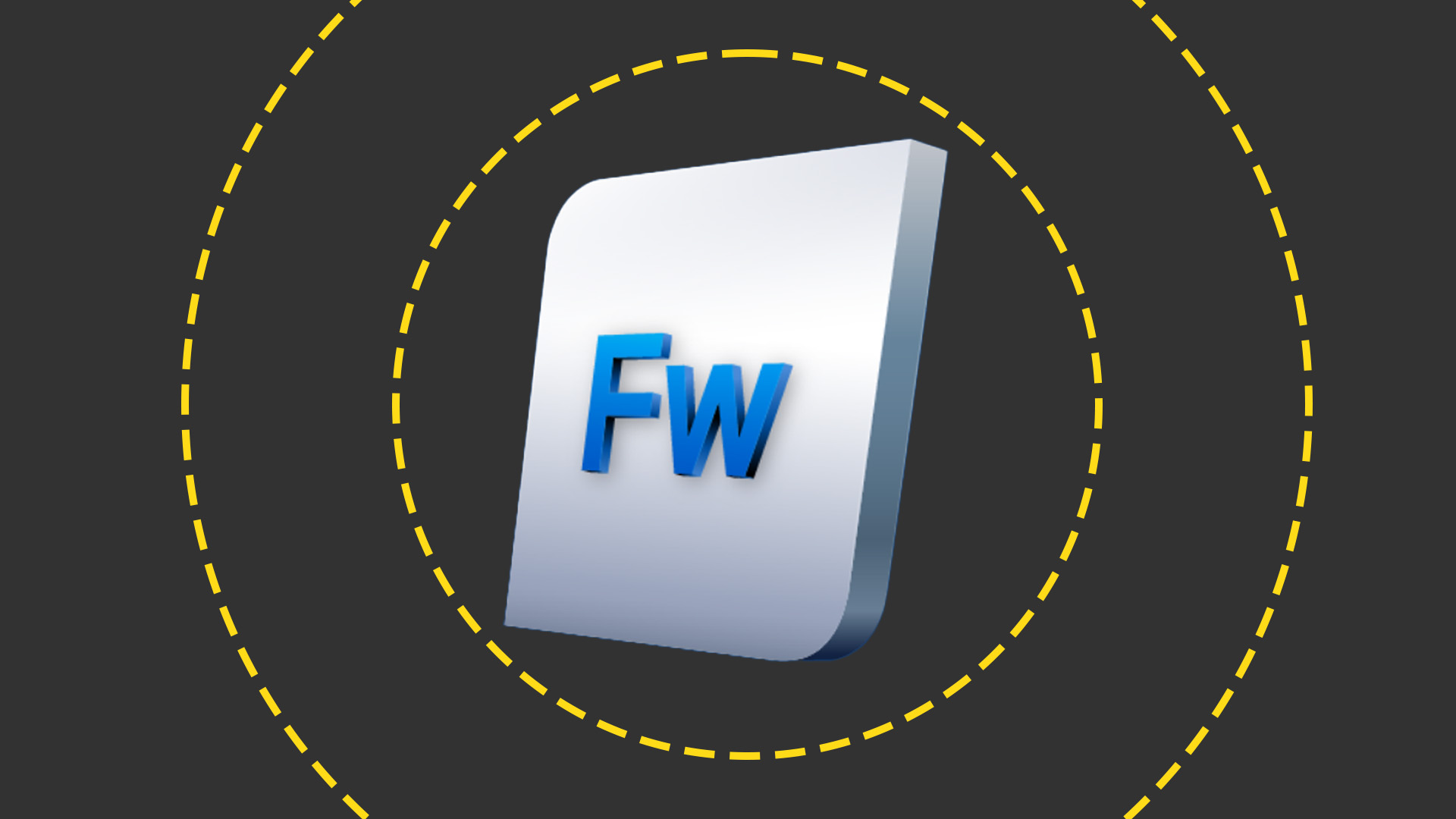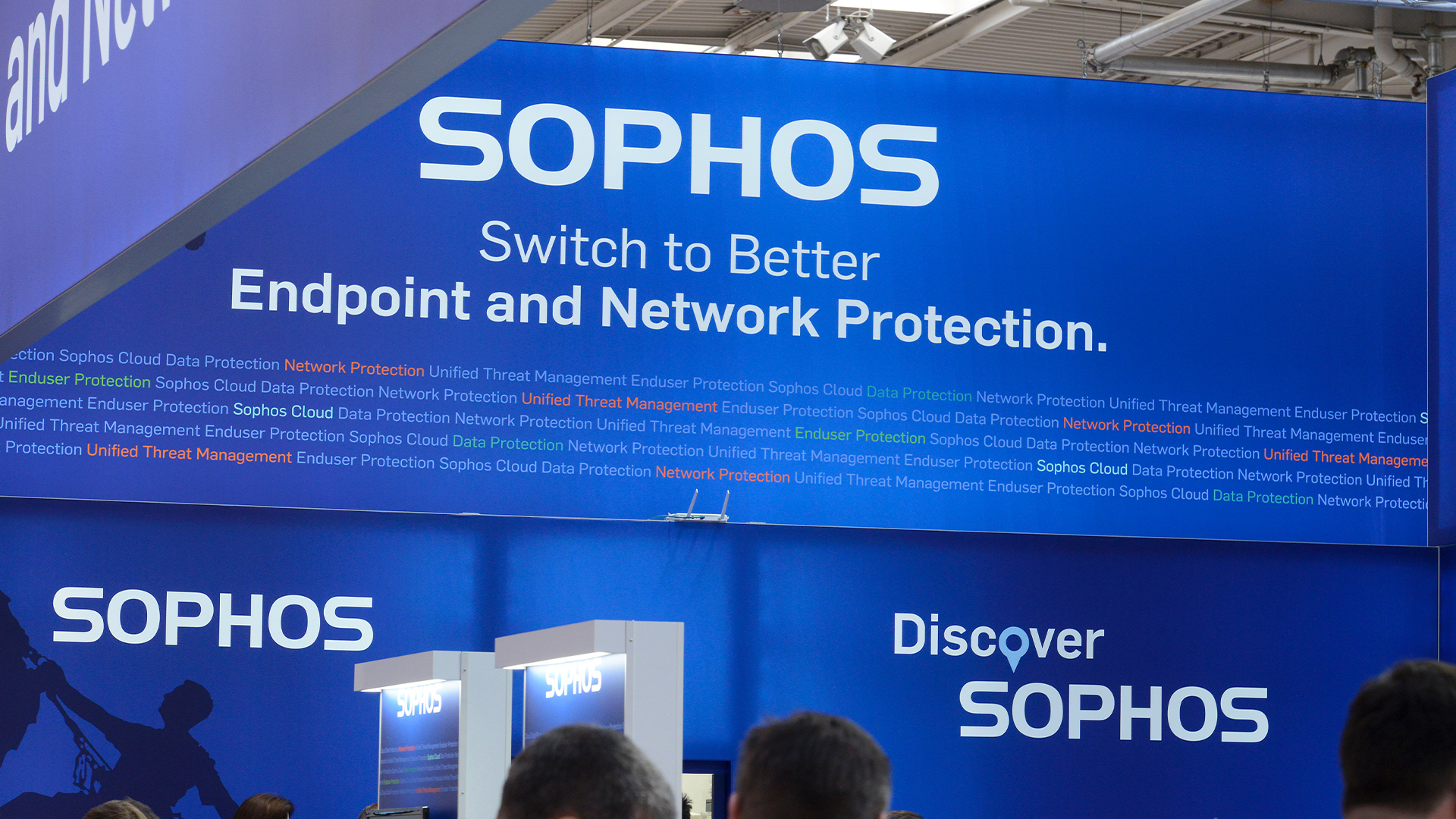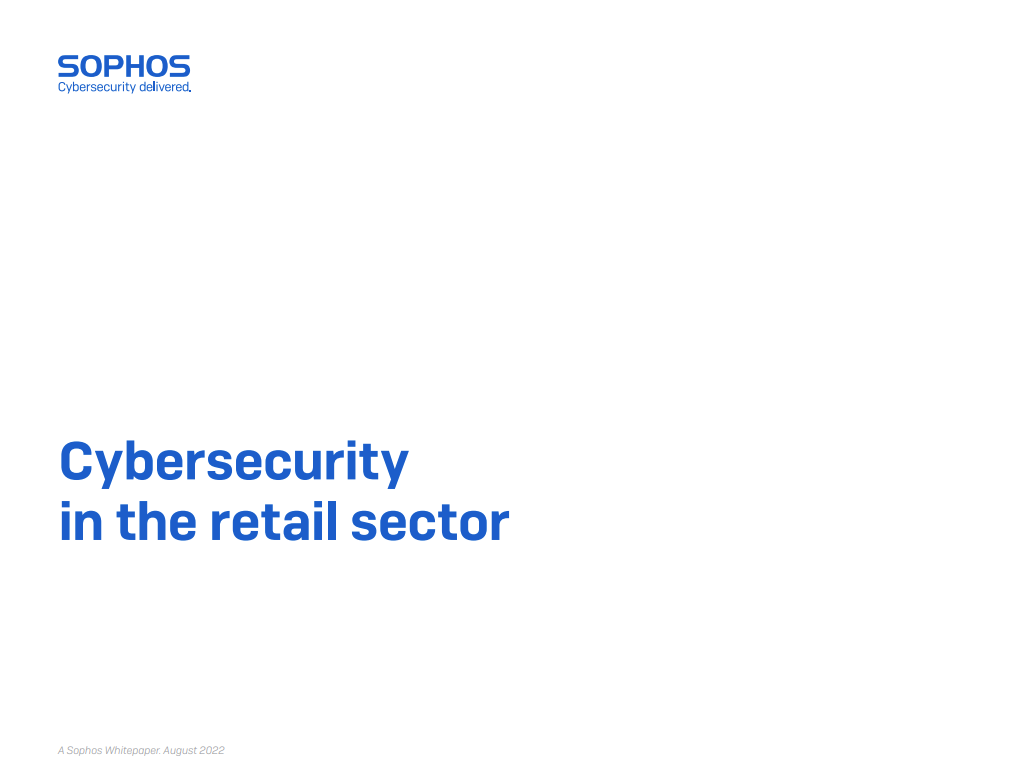Analysis: Spam 'celebrates' its 30th birthday
IT PRO 'celebrates' the 30th anniversary of the first spam email, and looks at how the flood is unlikely to end any time soon.

Tomorrow marks the 30th anniversary of the first spam email, which found its way to 393 employees of the Arpanet Corporation on 3 May 1978.
From these small beginnings, spam has now become a phenomenon - with an estimated several billion unsolicited bulk e-mails being sent every day.
Users now expect the majority of unfiltered messages reaching their inbox to be spam. This is because it is commercially viable, due to the lack of operating cost and the virtual impossibility of holding senders accountable.
Sophos revealed that 92.3 per cent of all emails sent during the first three months of 2008 was spam in its most recent Security Threat Report. It found 23,300 new spam-related webpages per year, discovering one every three seconds.
"Users are always just a click away from spam - from weight loss medications to drugs used to improve sexual performance, spam is a burden on all of us," said Graham Cluley, senior technology consultant at Sophos.
"What's worse is that a lot of spam is deliberately malicious today, aiming to steal your bank account information or install malware."
The Spam email was sent on the 3 May 1978 by Gary Thuerk, a marketing representative at the Digital Equipment Corporation (DEC).
Get the ITPro daily newsletter
Sign up today and you will receive a free copy of our Future Focus 2025 report - the leading guidance on AI, cybersecurity and other IT challenges as per 700+ senior executives
"Gary Thuerk could never have imagined what he was starting when he sent that mass email 30 years ago," Cluley said.
"The internet community needs to do what it can to make sure that spam doesn't celebrate a 40th or 50th birthday. That means educating the public about never buying goods sold via spam."
The date also coincided with the end of McAfee's S.P.A.M experiment, which IT PRO reported on in March.
Participants were given a laptop wihtout spam protection and an email address, and given a mission to click on all ads and all pop-ups.
Vic, a retired surfer who took part in the experiment, said on the blog: "I have so many Nigerian, Hong Kong, French and Ghanaian inheritances promised, at least half a dozen lottery winnings due to me (which I musn't tell anyone about), and a hundred cash gifts, refunds/ grants/payable any day now. Why work?"
-
 Should AI PCs be part of your next hardware refresh?
Should AI PCs be part of your next hardware refresh?AI PCs are fast becoming a business staple and a surefire way to future-proof your business
By Bobby Hellard Published
-
 Westcon-Comstor and Vectra AI launch brace of new channel initiatives
Westcon-Comstor and Vectra AI launch brace of new channel initiativesNews Westcon-Comstor and Vectra AI have announced the launch of two new channel growth initiatives focused on the managed security service provider (MSSP) space and AWS Marketplace.
By Daniel Todd Published
-
 96% of SMBs are missing critical cybersecurity skills – here's why
96% of SMBs are missing critical cybersecurity skills – here's whyNews The skills shortage hits SMBs worse as they often suffer from a lack of budget and resources
By George Fitzmaurice Published
-
 Sophos Firewall Virtual review: Affordable network protection for those that like it virtualized
Sophos Firewall Virtual review: Affordable network protection for those that like it virtualizedReviews Extreme network security that's cheaper than a hardware appliance and just as easy to deploy
By Dave Mitchell Published
-
 MSPs are struggling with cyber security skills shortages
MSPs are struggling with cyber security skills shortagesNews A shortage of tools and difficulties keeping pace with solutions were also ranked as key issues for MSPs
By George Fitzmaurice Published
-
 Nearly 70 software vendors sign up to CISA’s cyber resilience program
Nearly 70 software vendors sign up to CISA’s cyber resilience programNews Major software manufacturers pledge to a voluntary framework aimed at boosting cyber resilience of customers across the US
By Solomon Klappholz Published
-
 Sophos and Tenable team up to launch new managed risk service
Sophos and Tenable team up to launch new managed risk serviceNews The new fully managed service aims to help organizations manage and protect external attack surfaces
By Daniel Todd Published
-
 Ransomware groups are using media coverage to coerce victims into paying
Ransomware groups are using media coverage to coerce victims into payingNews Threat actors are starting to see the benefits of a more sophisticated media strategy for extracting ransoms
By Solomon Klappholz Published
-
 Shrinking cyber attack “dwell times” highlight growing war of attrition with threat actors
Shrinking cyber attack “dwell times” highlight growing war of attrition with threat actorsNews While teams are becoming more proficient at detecting threats, attackers are augmenting their strategies
By Ross Kelly Published
-
 Cyber security in the retail sector
Cyber security in the retail sectorWhitepapers Retailers need to ensure their business operations and internal data aren't breached
By ITPro Published